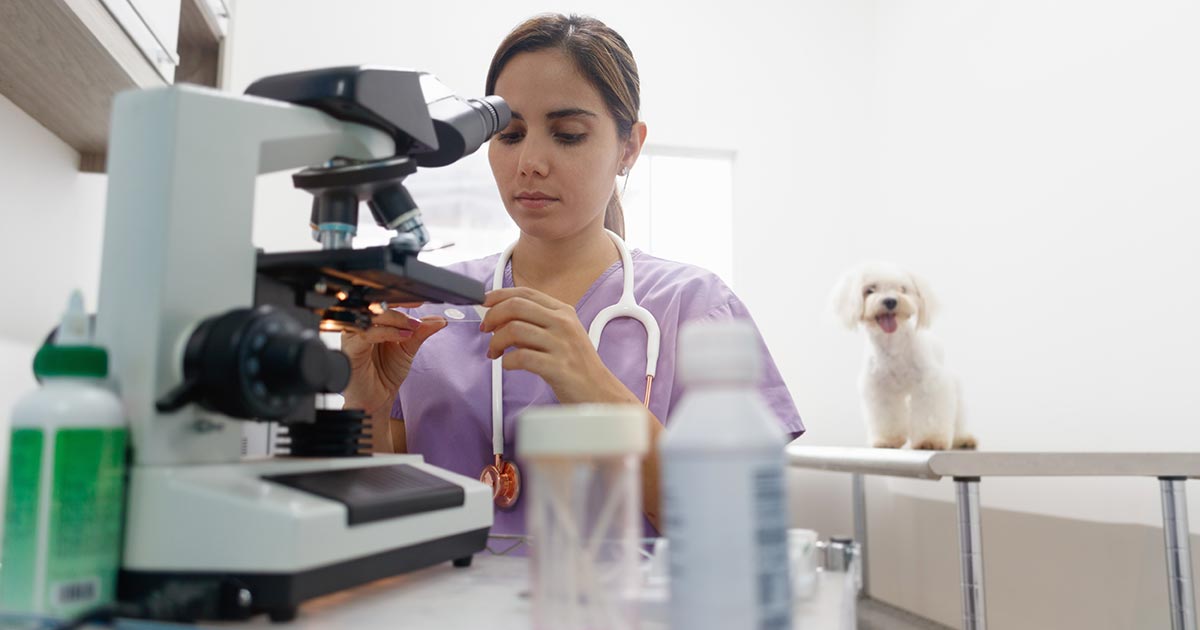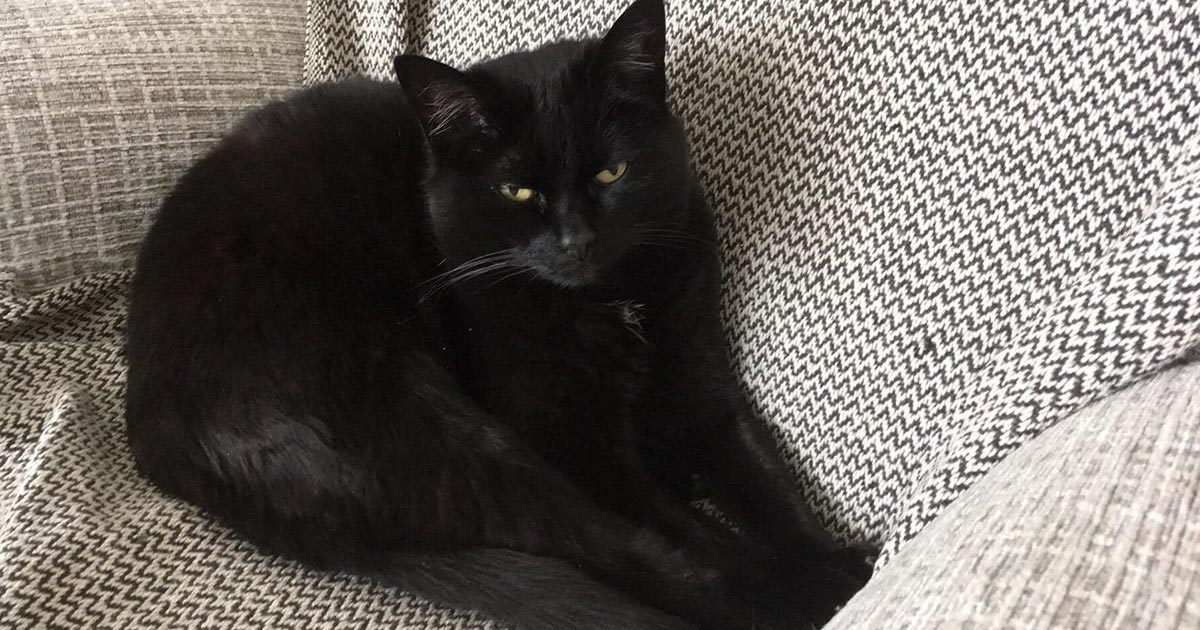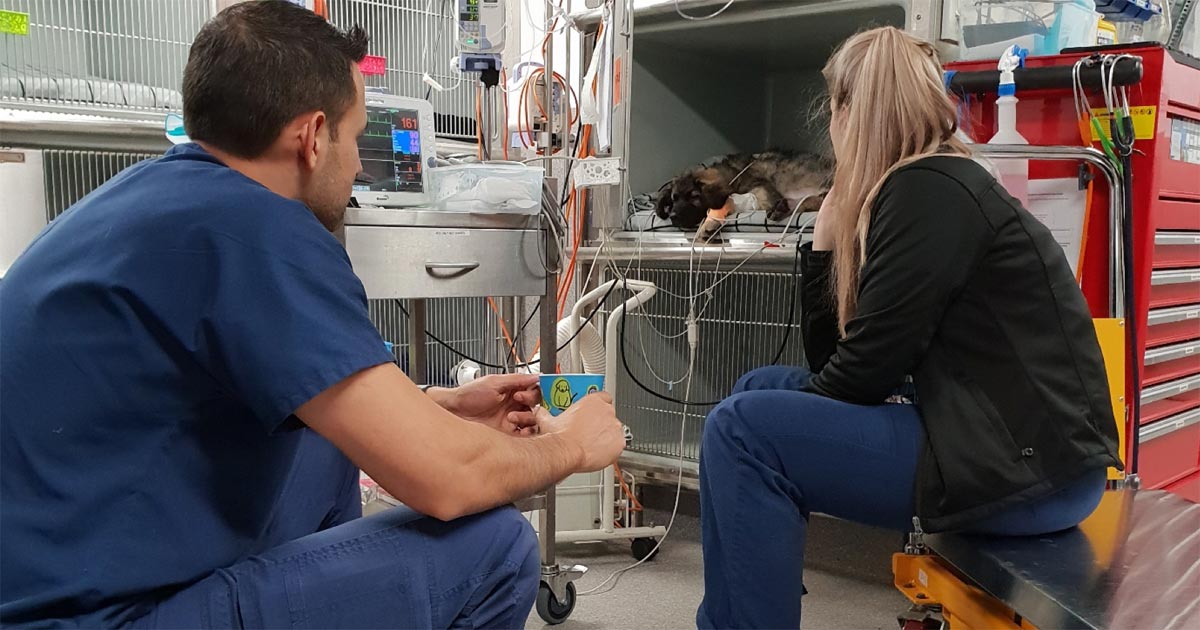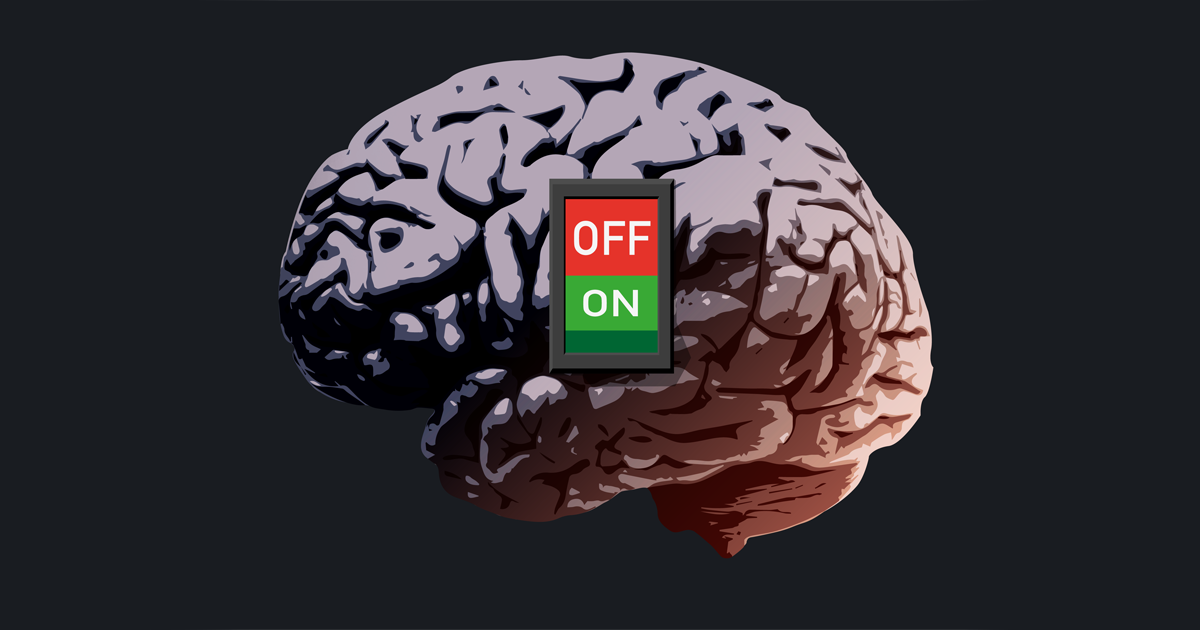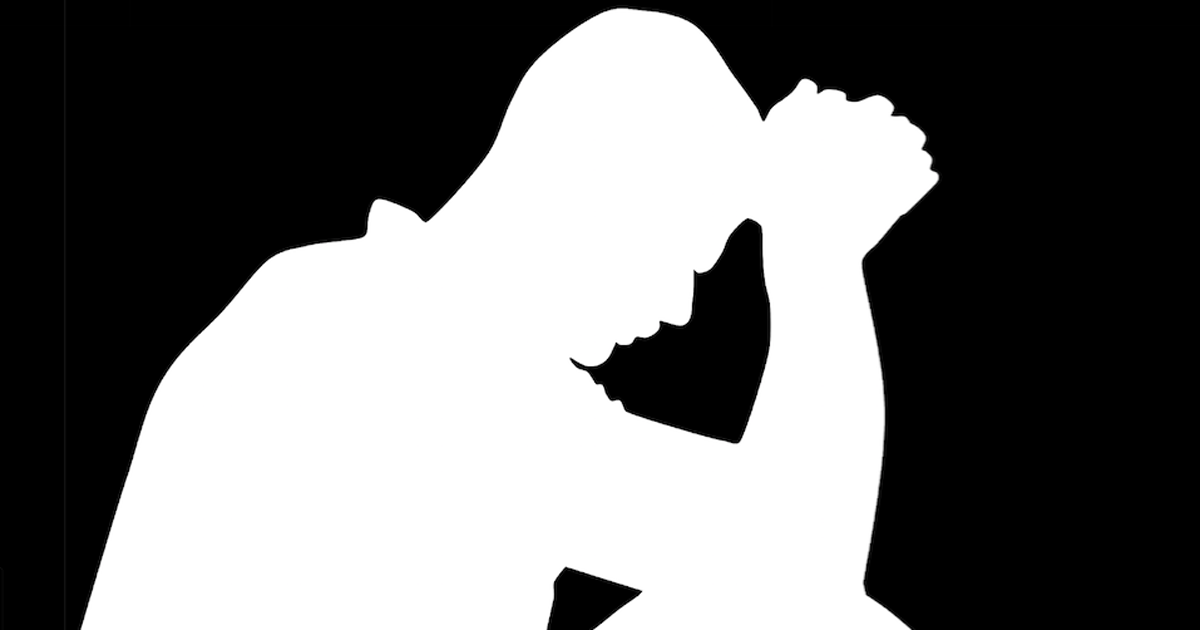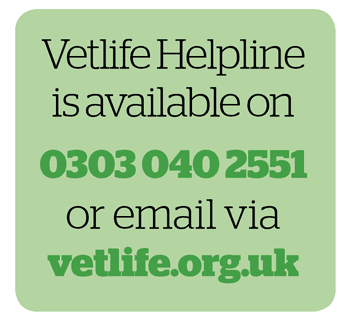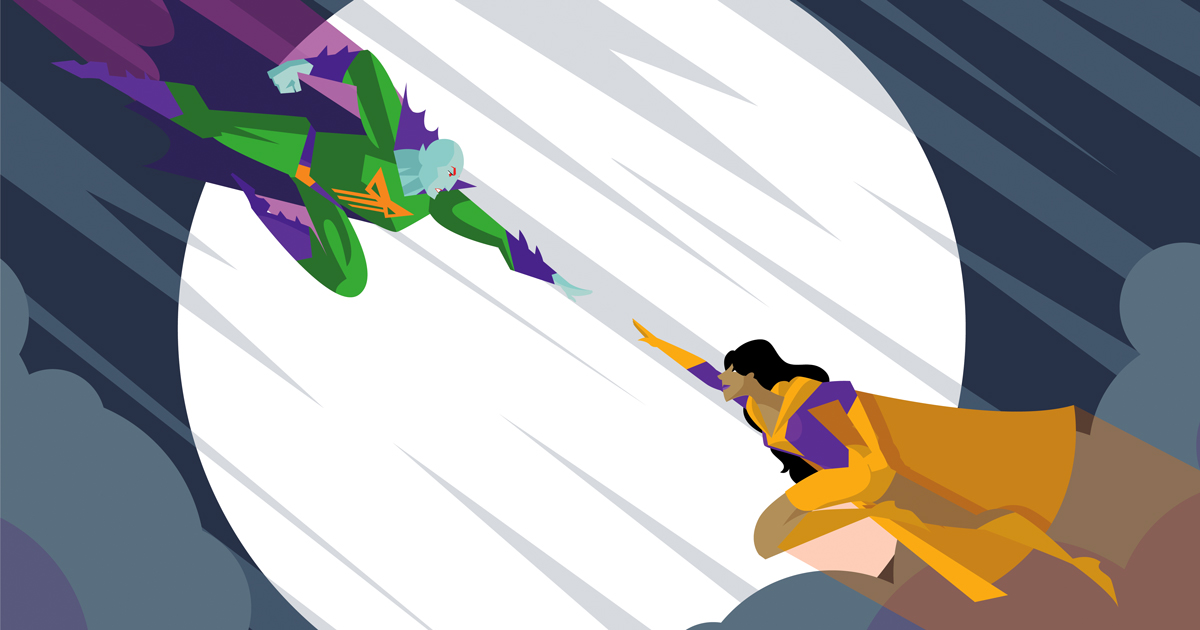Our profession is generally pretty good at pulling together in the face of adversity.
I’ve always loved the community feel of being able to go to CPD events, and usually know someone, or have connections with someone, who is there.
I love being able to send a message to my uni friends at any time of day or night – be that for clinical advice, moral support or reassurance on something entirely non-vet related – and get a reply. Failing that, you can often seek an answer or support from one of the vet Facebook groups on numerous topics.
In light of COVID-19, the veterinary world has rallied together… to a point.
One for all, and all for…
Those who have been furloughed are finding a wealth of free online CPD available to fill their time and keep connected clinically. Not only are there webinars, but there’s a plethora of online workouts or discussion groups to actively engage in.
That all sounds lovely, but what about those of us who are still working? What support is there for the minimal staff left in clinics who (despite all these figures on turnover being down) are battling ridiculous increases in workload?
Less is… less
There’s less staff in most clinics, to varying degrees, but I have heard horror stories about severely restricted numbers and even certain groups furloughing everyone but vets.
Whatever business decision may lie behind that, these clinics must be in chaos. Vets, who are already stretched trying to do their “normal” jobs (it is currently far from normal), are also running their own bloods, cleaning, answering phones, chasing and taking payments, sorting insurance claims and ordering stock, among other things.
These tasks may be alien to some of us, and trying to navigate previously undiscovered depths of the practice management system at the end of an exhausting shift adds unnecessary stress.
We love our nurses and receptionists as it is, but those who are currently deprived of them will be unearthing a a gargantuan respect for them in the future.
Crisis consulting
Consulting in this environment makes you realise how much multitasking we would ordinarily do. Currently, my consults look like this:
- Owner arrives and calls reception.
- I try to work out which car he or she is in, then take a brief history from 2m away.
- Take the animal into the practice.
- Find a nurse to assist with the handling.
- Examine the animal.
- Telephone the owner from the practice or go back outside to discuss with him or her from a safe distance, before returning to the animal to give treatment.
- Give the animal back to the owner.
- Dispense medication, then ask the owner to call reception again to pay…
This takes a lot longer than normal consults, so working to offer the same number of appointment slots is both relentless and draining.
Lies and abuse
Everyone is used to certain number of disgruntled clients, but the barrage of abuse those on reception are receiving from clients is unprecedented.
It would seem many members of the public are not getting the “stay at home” message and are furious when we explain a nail clip is not an emergency. As a result, we are now seeing clients exaggerating, or just plain lying, in order to be seen.
A choice example last week was a dog booked for a potential euthanasia, but turned out to be a weight clinic. We then had to stifle our disbelief and anger at these time wasters before moving on to the next client, who has desperately tried to hold off from having to make the difficult decision to say goodbye to their dearest pet under these circumstances – and yet we can only offer words of comfort from a distance and inject from the end of a drip line, which really doesn’t seem enough.
Unfortunately, the COVID clearout seems to be worse than the annual Christmas clearout, and these scenarios are not isolated, but heartbreakingly frequent.
Lost in translation
And what support do we get? We get the RCVS and BVA back-pedalling on their original statement, to then shirk responsibility and leave it “up to individual practices” to interpret the “guidance” how they wish.
After the clarity of the original stance on vaccinations, this ambiguous follow up was very disappointing. The truth is many vets feel that corporates and business owners will take this as a green light to return to business as usual, while firmly claiming that it is most definitely not business as usual.
I can agree with that – the way we are working is certainly not the usual, but if we are now to do vaccines and neutering again, what exactly are we missing? Stable med checks, done via telephone rather than in person?
Taking the high or low road?
We get colleagues taking the moral high ground, questioning our commitment to the oath we took on graduation to put animal heath and welfare above all else. Just because I don’t think vaccinations are currently a priority, it doesn’t mean I don’t care about my patients anymore – human health has to come first.
We get corporates issuing yet more paperwork to encourage us to document risk assessments – while seemingly offsetting the responsibility to us – so that if their business gets sued for denying to provide care or (God forbid) agreeing to see an animal that results in transmission of COVID-19 between owner/vet, it was the vet or receptionist who took the phone call’s fault for making that decision.
Aside from this, the phones are ringing off the hook and vets are running around like blue-arsed flies, so practically, where are we going to find the time to fill in these bloody forms?
Horseplay
Before any of that, the request to risk assess mild ailments is fundamentally flawed when we are being told to go out and do horse boosters.
While equine vaccinations and other routine work that is now being pushed again, because equine turnover is the most severely affected of all veterinary sectors, we are told to maintain safe social distancing at all times.
With equine vets reported to be one of the most dangerous occupations, is it sensible to expect us to administer vaccines with no one holding the horse? In some, if not most, cases, that will probably be okay. But with owners consistently lying to us to be given an “emergency” appointment, how long before an owner lies about his or her severely needle/vet-shy horse and one of us pays the price?
Heading for burnout
I don’t pretend to understand the intricacies of business management, but you cannot flog a dead horse. Many vets who have barely had time to inhale lunch are working different and longer shifts just to cope with the “emergencies” – and yet you’re asking us to do more?
It’s incredulous that the veterinary sector seems to think itself superior to all the other thousands of businesses up and down the country that are struggling or facing collapse. By continuing to pile the pressure on to staff with increasing risk of burnout, you might preserve some income, but you’ll be lucky to have any vets left by the end of this.
Is anybody listening?
We are angry that the higher-ups in the profession are treating us this way. We feel guilty for being jealous of, or feeling antipathy towards, our furloughed colleagues. We are emotionally drained. We feel guilty because this can only be a fraction of how front-line NHS staff must be feeling – and above all, we are exhausted.
In a profession with an already poor record for mental health and suicide, we are now even more stretched, under even more pressure from all angles – and no one seems to be listening.

